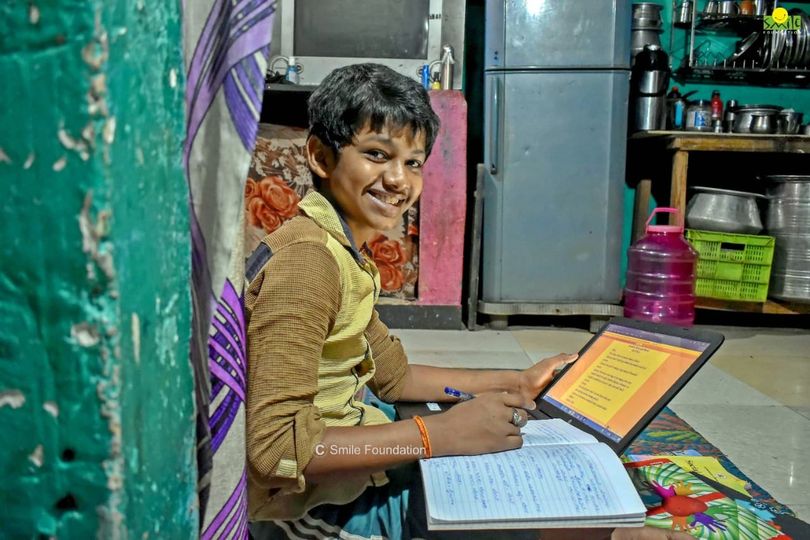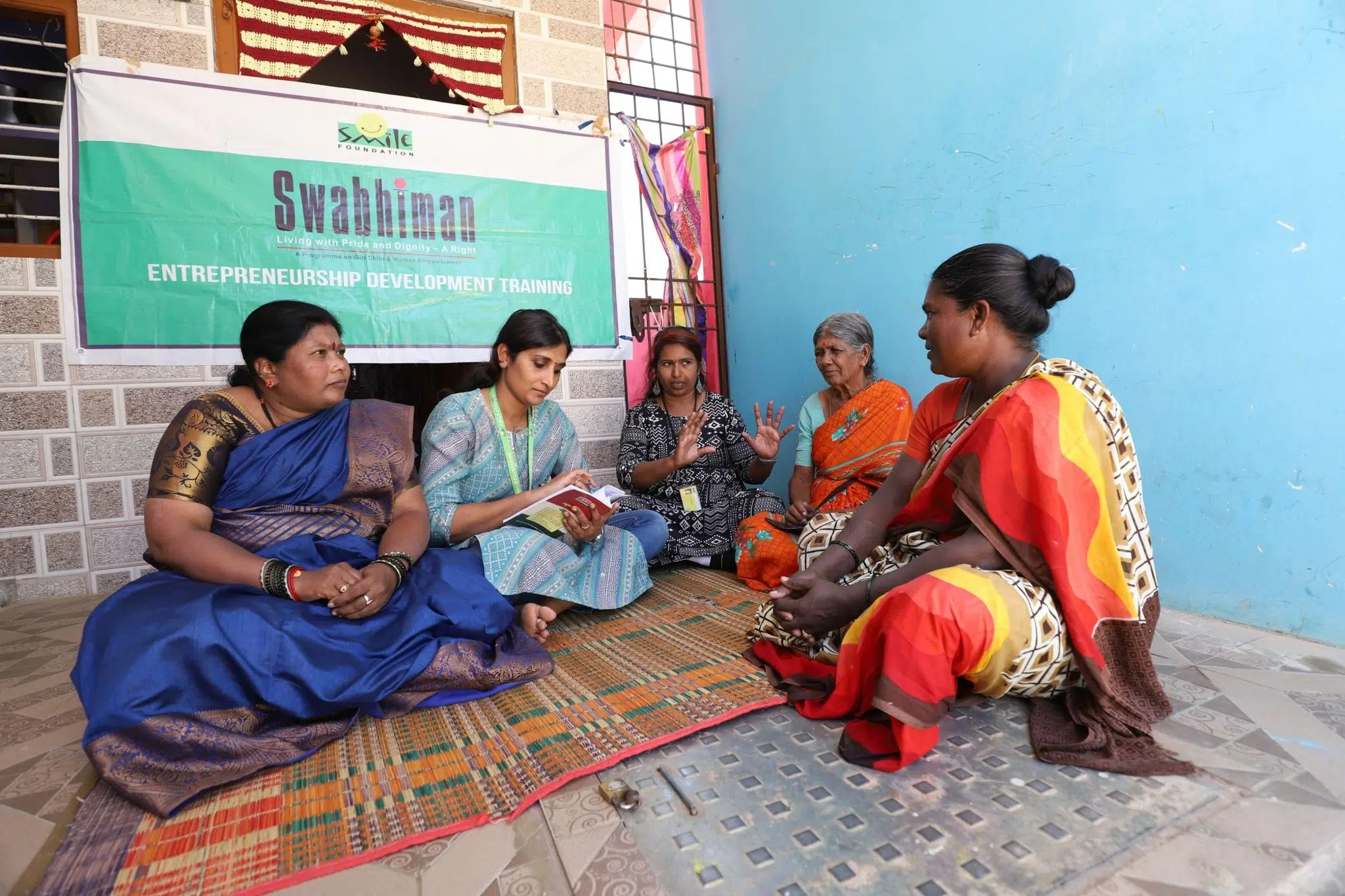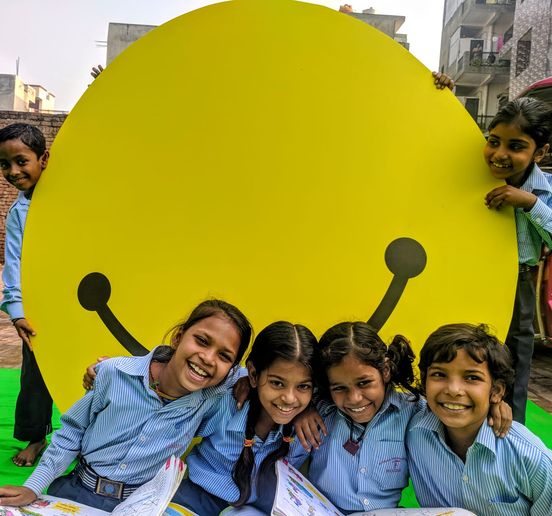It is no longer news that COVID has altered our way of life. The deadly virus has caused tectonic disruptions in practically every part of our lives. Be it business, entertainment, hospitality, or education – we are still dealing with the fallout. We’re also arguing how long these shifts will last and what the new normal will be in each of these industries. In this situation, a question about our education system becomes pertinent. In the tussle between online education versus conventional classroom method, which will trump?
Can online education take the role of in-person instruction? – The COVID-19 case
Soon after it became evident that this was not a passing infection, educational institutions began to shift toward online teaching. Students and professors swiftly adapted to the shifting ways of teaching and learning.
This success, however, has fueled widespread conjecture that the pandemic has launched a dramatic change. This is particularly in higher education, with many suggesting that online education is the future of college education.
The truth is that the future is no longer so black and white – there is much gray in between. What appears to be on the horizon is a hybrid model of learning — a mix of online and offline components. While on-campus teaching will undoubtedly return (maybe not as soon as we’d like, but it will), there will also be a plethora of online options available for those who want it.
Will one, however, take precedence over the other? No, because each has distinguishing features that make them worthwhile. People will learn to combine the two.
However, when it comes to choosing one over the other for college education, one argument can say that online learning can never truly replace an on-campus experience.
The immersive campus life is not the same as the virtual one
It’s not just about textbook learning and lectures in class. It is also about making lifelong friends and communicating with people from all over the world and having fervent debates late into the night over copious cups of tea. It is about sociability and adaptability – about learning to live alone in a new culture, new city, or even new country.
As you go away from the comfort of your home, it teaches you to be independent. Online college deprives students of these important life lessons.
Online education versus conventional classroom method
It may be easier to adapt standard theoretical subjects to online learning. However, this is not the case for a wide range of disciplines and fields in which students choose to specialize. Online learning deprives students of key resources such as labs and studios, which are required for particular disciplines and cannot be replicated at home.
For vocational majors such as theatre, cinema, music, and dance (to name a few), the shift to online learning is taking away more than it is providing. Being on campus also permits classes to go on field trips in their field of study. It allows students to see real-life applications of the things they’re studying. Online classes will find it difficult to replace this.
A case study
In Dakshina Kannada and Udupi Districts in Karnataka, a study was undertaken to assess teachers’ and students’ attitudes regarding online classrooms.
The research was carried out utilizing data acquired through two distinct structured questionnaires for students and teachers in the Karnataka districts of Dakshina Kannada and Udupi. The data was entered into a data software and evaluated using descriptive statistics.
According to the findings of the survey, students are comfortable with online classrooms and receive adequate assistance from teachers. However, they do not feel that online classes will replace traditional classroom instruction. It also discovers that teachers are having difficulty giving online classes as a result of a lack of sufficient training and development for doing so. Technical concerns are the most significant impediment to the efficacy of online classes.
Most institutions and universities consider incorporating online classes into their curriculum. As a result, it is critical to solicit feedback from participants in online programs before applying for them. This survey may assist institutions in gaining a general understanding of online classrooms among teachers and students.
The Internet and new technology have gained relevance in all industries, including education, creating opportunities for online classes. Furthermore, the global COVID pandemic has increased the importance of online classes. In this light, it is critical to comprehend student–teacher views of online classes.
Will Internet learning take the place of traditional classroom instruction?
While it is laudable that the education sector reacted so swiftly to the epidemic, allowing those even outside of official education settings to attend lectures, conversations, and readings, there is no denying that online education (particularly for universities) comes with its own set of issues.
It can be restrictive, and it risks perpetuating the misconception that university is only about theoretical academics. As a result, the future of education must be a healthy balance of online and offline — with the former serving as a supplement to the latter.









